From October 21-25, the global space community came together in Washington, DC for the 70th International Astronautical Congress (IAC). Traditionally, IAC has been a central forum of discussion for stakeholders from all space sectors around the globe, covering space science, exploration, technology, regulation, education, and international cooperation. This year, with the theme “The Power of the Past, the Promise of the Future,” IAC celebrated the 50th anniversary of Apollo 11 and a half-century of space community accomplishments, while also exploring hopes and challenges for the future.
Among the week’s space policy discussions, a recurring topic was the need to balance advancements in the space economy with the long-term sustainability of outer space. During a plenary session on that subject, government and industry representatives from the United States, Luxembourg, Canada, and France discussed spectrum needs for satellite broadband and regulatory approaches for a stable space environment. The CEO of Telesat, Daniel Goldberg, spoke about the importance of LEO satellite constellations in bridging the digital divide and the “huge role” that regulators play in allowing the commercial sector to deliver on its inherent promise. In his view, “the scales have tipped much too heavily…towards terrestrial wireless services,” and it is vital that policymakers around the world ensure an adequate spectrum for satellites, not only through “patchwork decisions,” but through a concerted effort to enable emerging global constellations.
The Executive Director of the National Space Council, Dr. Scott Pace, also highlighted the role of satellite broadband in connecting remote communities, arguing that traditional terrestrial systems will not reach everyone. Dr. Pace advocated for the development of technical best practices, norms of behavior, voluntary guidelines, and other non-binding mechanisms, to work towards a more stable and predictable space environment, rather than trying to create overarching political solutions, arguing that “The space community is evolving much more rapidly than traditional treaty-making processes.”
The discussion on best approaches to regulate space activities reemerged during a panel session in which representatives of industry, academia, the European Space Agency (ESA), and the Director of the United Nations Office for Outer Space Affairs (UNOOSA) discussed the Space Sustainability Rating (SSR), a tool based on industry-identified best practices that aims to recognize and measure sustainable behavior in space, incentivizing operators to act responsibly on Earth-orbit. During the panel, moderators conducted a poll to gauge what participants viewed as the most effective mechanism for supporting long-term space sustainability. 42% of the respondents chose “multilateral coordination bodies,” such as the U.N. Committee on the Peaceful Used of Outer Space (UNCOPUOS), while 33% voted for “voluntary actions by operators,” and 24% for “active debris mitigation tools by commercial entities.”
Francesca Letizia, ESA’s Space Debris Engineer argued that the issue of space debris is a global one and thus requires globally agreed solutions. She defended the importance of internationally agreed guidelines as a basis for minimum requirements in national legislation.
Jennifer Warren, Vice President of Technology Policy & Regulation at Lockheed Martin, argued that industry needs a seat at the table and that representativity was one of the reasons that led the Satellite Industry Association (SIA) to develop its Principles of Space Safety, which were published two days before the panel.
In addition, various sessions within the technical program included discussions on space sustainability. Speakers addressed legal challenges posed by mega-constellations and microsatellites, including registration and liability, space situational awareness and possible space traffic management regimes, and remediation of space debris, as well as emerging topics like the need for norms to regulate on-orbit satellite servicing and space mining.
More information on the event, including event materials, can be found at: https://www.iac2019.org.

